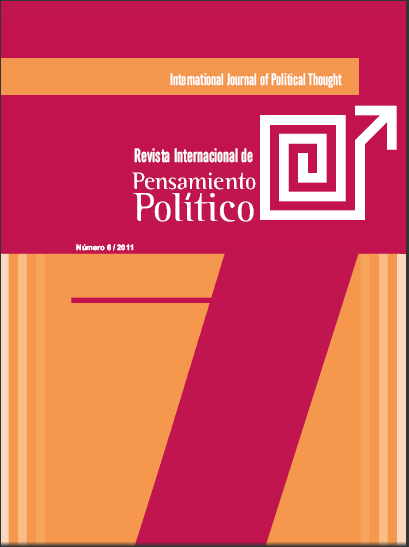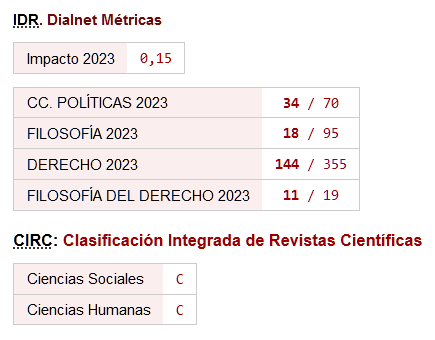Del discurso imperial a la Teoría del Contrapunto: bases semiológicas para el diálogo entre civilizaciones en la obra de Edward Said
DOI:
https://doi.org/10.46661/revintpensampolit.1862Palabras clave:
teoría del contrapunto, discurso hegemónico imperial, Foucault, diálogo intercultural, discursos alternativos, GramsciResumen
En el presente artículo se exponen las ideas principales del pensador palestino Edward Said acerca de la posibilidad de establecer las bases para el diálogo intercultural, mediante la superación de los modelos semiológicos excluyentes, entre ellos, el ofrecido por el discurso hegemónico imperial. Frente a la teoría del enfrentamiento cultural entre estructuras hegemónicas irreconciliables, ofrecido por autores como Samuel P. Huntington en su teoría del choque de civilizaciones, Edward Said apuesta por establecer las bases discursivas que faciliten la convivencia, el diálogo y el enriquecimiento mutuo entre pueblos y naciones siguiendo el modelo de la técnica musical del contrapunto.
Descargas
Citas
Said, E., Culture and Imperialism, Vintage, London, 1994.
Said, E., Beginnings: Intention and Method, Granta Books, London, 1997.
Said, E., «Fantasy’s Role in the Makind of Nations», Reflection on Exile and Other Essays, Cambridge, Mass: Harvard University Press, pp. 411-436.
Descargas
Publicado
Cómo citar
Número
Sección
Licencia
Derechos de autor 2016 Revista Internacional de Pensamiento Político

Esta obra está bajo una licencia internacional Creative Commons Atribución-NoComercial-CompartirIgual 4.0.
Política de acceso abierto
Se permite el acceso libre y abierto de cualquier interesado a todos los contenidos de los números de la revista, sin costo alguno, pudiendo imprimir y trasladar todos los artículos, con la única condición de precisar la fuente y la autoría.
La revista: a) no cobra a las autorías costes por el procesamiento de los artículos ni por el envío de los mismos, b) mantiene el copyright para los autores sin restricciones, c) facilita a los autores conservar sus derechos de publicación sin limitaciones.
La Revista Internacional de Pensamiento Político es una obra original del Laboratorio de Ideas y Prácticas Políticas de la Universidad Pablo de Olavide. Todos los artículos incluidos en la Revista son obra original de sus respectivas autorías. Esta Revista se ofrece libremente a la comunidad científica y académica sin coste alguno y libera los contenidos de acuerdo a la licencia "Reconocimiento-NoComercial-CompartirIgual 4.0 CC BY-NC-SA" del proyecto Creative Commons dispuesta en la siguiente url: https://creativecommons.org/licenses/by-nc-sa/4.0/legalcode
Si deseas traducir o compilar alguno de los artículos aquí disponibles, por favor, ponte en contacto













